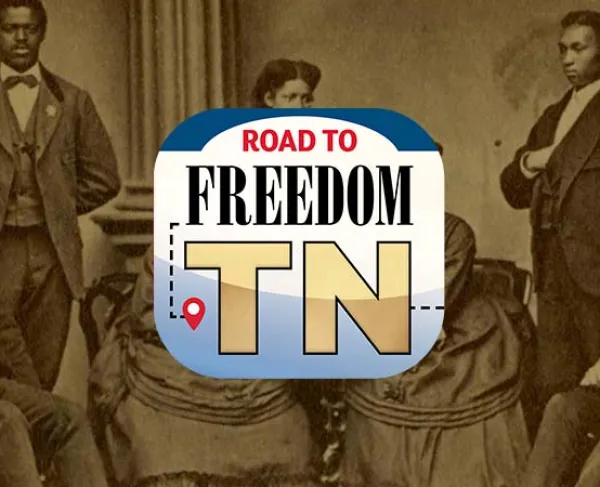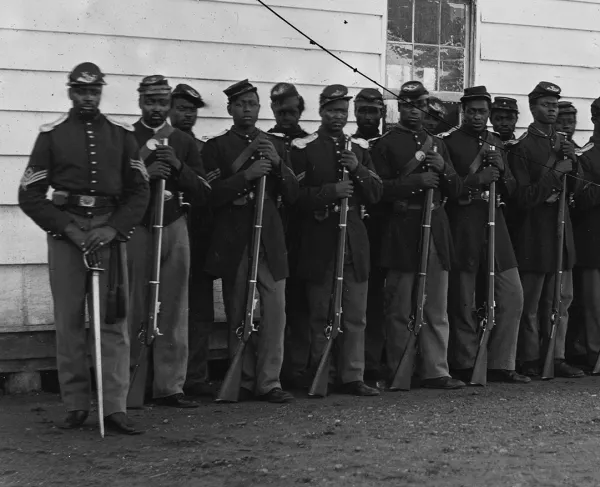Rippavilla: Slave Fields to Battlegrounds
Tennessee
5700 Main Street
Spring Hill, TN 37174
United States
This heritage site is a part of the American Battlefield Trust's Road to Freedom: Tennessee Tour Guide app, which showcases sites integral to the Black experience during the Civil War era. Download the FREE app now.

Rippavilla, a plantation built on enslaved labor, witnessed the chaos of the Civil War and the dawn of freedom for its enslaved inhabitants.
Before the war, at least 34 men and boys worked Rippavilla’s 1,000+ acres under the yoke of slavery. After experiencing Union occupation in 1862 and the encampment of Confederate Gen. Nathan Bedford Forrest in 1863, that summer some of these enslaved people escaped to freedom behind the Union lines. Two of these men, Joshua and Phillip Cheers enslaved at Rippavilla since birth, enlisted as privates with Company E of the 12th U.S. Colored Infantry in August and September 1863 respectively at the Elk River Bridge of the Nashville and Chattanooga Railroad. On November 1, 1864, a civilian farmer killed Phillip as the solider foraged for food in Cheatham County near the Nashville and Northwestern Railroad. Joshua survived combat at Peach Orchard Hill in December 1864 and hospitalization for illness before his discharge at Nashville in June 1865.
Jerry Cheers accompanied his enslaver, Nat Cheairs, a Confederate major on Gen. Forrest’s staff, as an enslaved body servant and horse caretaker. Jerry stole Nat’s horse and escaped to Union lines where he enlisted in the 111th U.S. Colored Infantry at Pulaski on January 6, 1864. Surviving capture and imprisonment, Jerry mustered out on April 30, 1866. He went on to marry, raise a family, and own a farm in Murfreesboro into the 1920s.
Rippavilla was briefly occupied by the Freedman’s Bureau before Nat Cheairs received a pardon from President Johnson in October 1865, and into the 20th-Century its grounds included a small community of free African American farm labors called Cheairs Quarters. The former plantation, now a museum operated by the Battle of Franklin Trust, offers tours exploring slavery and the enslaved.




